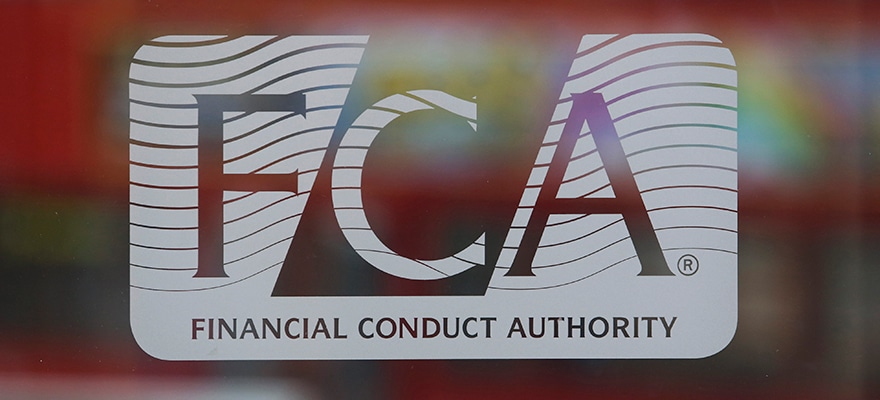Join Our Telegram channel to stay up to date on breaking news coverage
The United Kingdom’s Financial Conduct Authority (FCA) has acted swiftly to improve its oversight of activities in the U.K.’s crypto and financial spaces. In a new move, the regulator has released a proposal to introduce more extensive Anti-Money Laundering (AML) regulations to cryptocurrency companies.
Building a “Data-Led” Regulatory Approach
This month, the FCA published a consultation paper that proposed implementing an annual crime reporting requirement on British crypto companies. As it explained, the agency is planning to compel all registered crypto-asset custodians to report financial crime activities yearly, to understand their susceptibility to money laundering.
The regulator explained that it would require an analysis of different industries’ activities to know their money laundering risks. Thus, companies in these industries will have to cooperate with it on that objective to implement a data-led regulatory regime.
The FCA has been using data analysis to shape its regulatory approach. It noted that so far, its approach has reduced the burden on companies and mitigated the risks posed to investors and public members. As the paper adds, more data will improve the regulator’s policy precision and improve the U.K.’s financial system’s overall integrity.
The FCA estimates that extending these reporting requirements will help it get data from an additional 4,500 firms every year. It would implement these requirements regardless of companies’ operating revenues, with firms obligated to report on their financial crime mitigation tools. Companies will also reveal the number of suspicious activity reported to the National Crime Agency yearly.
The FCA’s Mixed Stance on Crypto Regulation
The FCA appears to be developing a strict regulatory scheme for its crypto industry. The regulator assumed control of the U.K.’s crypto space earlier this year, but it has focused its efforts on information oversight and crime prevention.
In June, it released a statement urging all crypto business operators to register their ventures by the end of the month. As part of the document, the regulator made it clear that companies would need to have their applications processed at the end of the official grace period — January 10, 2021 — at the latest. Failing to do so will lead to a default.
When the statement broke out, many believed that it was a signal that the FCA was working towards sweeping crypto regulations. However, that hasn’t entirely been the case. Save from a few policy postulations, there hasn’t been much in terms of addressing cryptocurrencies themselves.
The agency itself said as much last July. At the time, it released a final policy statement on cryptocurrencies in a document titled “PS19/22: Guidance on Cryptoassets.” In the report, the FCA described assets like Bitcoin and Ether as “exchange tokens,” which are usually decentralized and used as means of exchange. The FCA emphasized that these assets fall outside its regulatory scope.
On the other hand, it noted that two other types of digital assets — including utility tokens and security tokens — fall under its regulatory perimeter and could be regulated in some sense. The FCA also added that some stablecoins could fall under its regulation — although, like traditional cryptocurrencies, not every stablecoin falls under the definition of utility or security tokens.
Join Our Telegram channel to stay up to date on breaking news coverage


